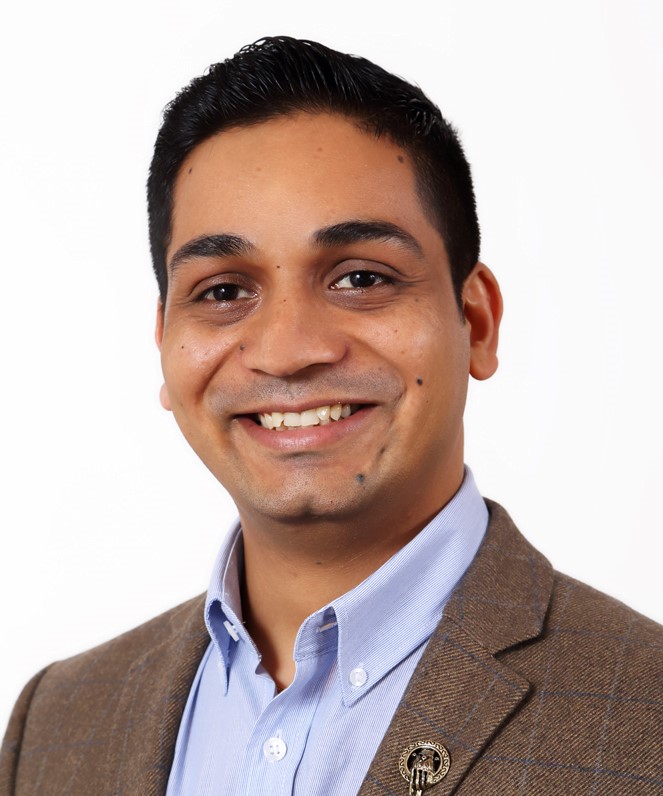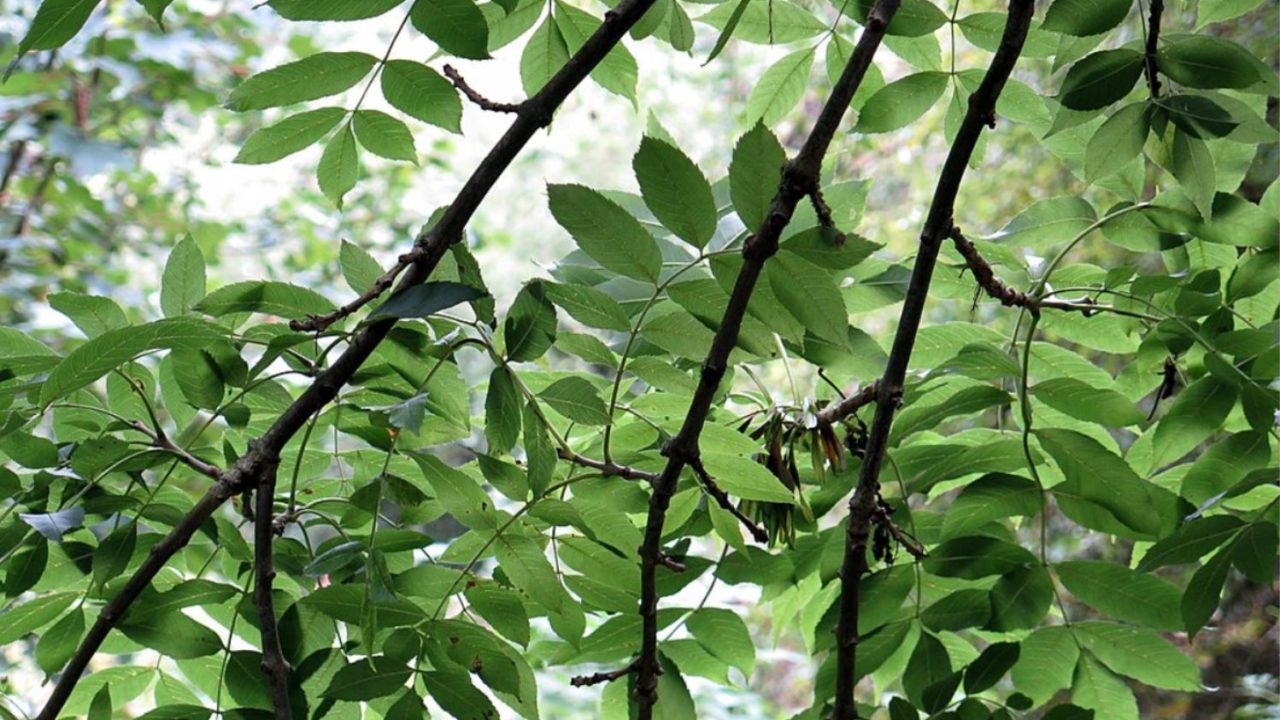Teagasc has announced the appointment of a new ‘permanent tree improvement researcher’ in its Forestry Development Department.
Dr. Dheeraj Rathore is a molecular biologist with an interest in conventional and molecular breeding, genetic improvement and bio-stimulants.
His role is to lead the broadleaf tree improvement programme in Teagasc where he will be working as part of the research and advisory team led by Dr. Nuala Ní Fhlatharta, head of the Forestry Development Department.

As part of the work in that department, Dr. Rathore will play a role in identifying ash collections that appear to be tolerant to ash dieback.
Prior to this, Dr. Rathore worked as a crop improvement research technologist in the Teagasc Crop Science Department. He has also worked as a postdoctoral researcher on ‘Best4Soil’, an EU-wide Horizon 2020-funded project.
Dr. Rathore has previously worked on Department of Agriculture, Food and the Marine-funded research projects, including ‘WheatEnhance’ and ‘CostM’.
He graduated from Junagadh Agricultural University in India with a Bachelor’s Degree in Agricultural Science and went on to complete a Master of Science (MSc) Degree in Plant Genetics and Crop Improvement from the John Innes Centre and University of East Anglia in the UK.
In 2017, Dr. Rathore was awarded a PhD from University College Dublin (UCD).
Commenting on his appointment, he said: “I’m excited about the future development of Irish forestry and looking forward to working to improve tree genotypes that are productive and resilient to diseases and pests, and adapted for a changing climate.”
Dr. Ní Fhlatharta explained that Dr. Rathore will “build on and develop the work that has been done in Teagasc to date on the selection and improvement of a range of broadleaf tree species”.
“We have already identified and are testing an ash collection that is putatively tolerant to ash dieback. We look forward to working with [him] on progressing this work and working on a range of other tree species with a focus on ensuring quality planting material for our future forests and woodlands,” Dr. Ní Fhlatharta added.
